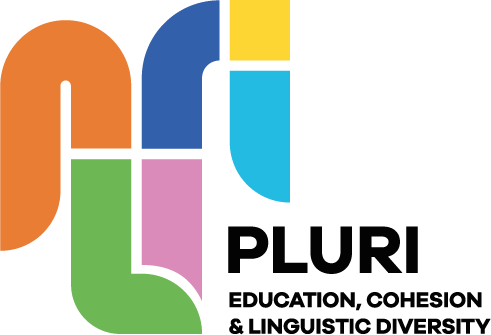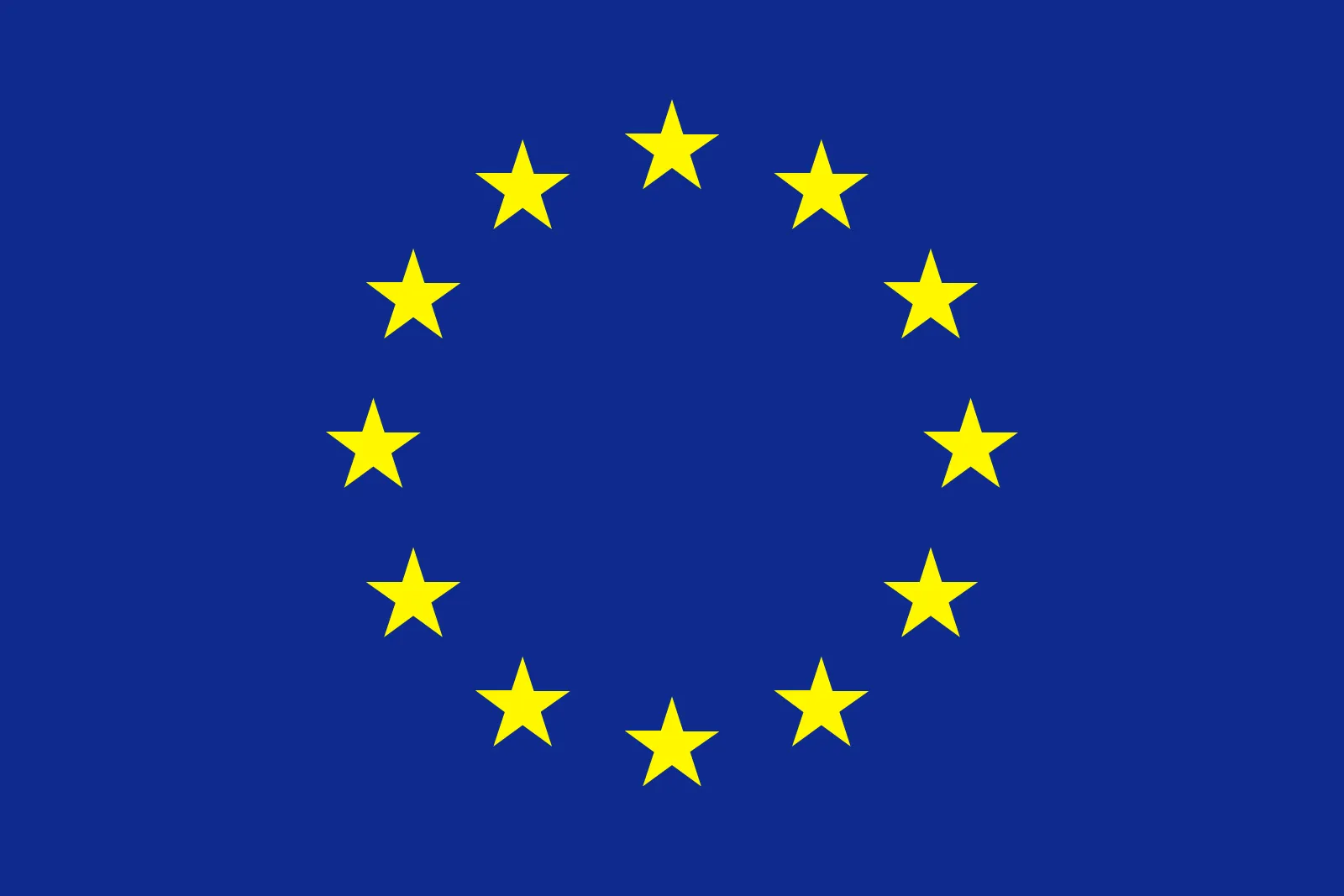What is it?
Article 21 of the Charter of Fundamental Rights of the European Union bans language-based discrimination, but enforcing this protection remains challenging. The European Language Policy (ELP) has created a strong foundation for equity among plurilingual individuals, yet it has not been widely adopted by practitioners.
The EU values language as a key part of European integration and has always prioritized multilingualism. Its language policy, updated several times since the 1960s, now focuses on plurilingualism, which promotes practical language learning beyond traditional classrooms and includes migrants as well as local populations. The EU also works to protect regional and minority languages.
In the past, with fewer official languages, a Europe without language barriers seemed possible. Today, with 24 official languages and many minority languages, plus a rising number of international migrants, Europe’s linguistic diversity is more complex than ever.
Language learning at schools
Educators and students need support to fully benefit from plurilingual education. We provide teacher training on translanguaging and plurilingualism and organize events to raise awareness and challenge language stereotypes in Europe. Our work aligns with key milestones in plurilingualism, like the CEFR framework, to promote multilingual and inclusive societies.
CEFR for fairer societies
Colonial ideologies still shape language policies. This is especially evident in how language skills are assessed. National integration policies prioritize proficiency in the official language, often making it a requirement for jobs, education, and social mobility. Despite the fact that CEFR’s recognizes of partial competence, basic language skills are rarely recognized.
Moreover, language proficiency is judged against monolingual native speakers, marginalizing those who acquire languages throughout life. Studies show non-native speakers are often seen as less intelligent and less respected. While the CEFR aims for fairer assessments, it should further consider the diverse linguistic paths of minoritized communities.
Our mission
The PLURI Project is dedicated to strengthening European identity through its linguistic diversity. Our mission is to normalize multilingual life paths, promote language rights, and challenge harmful linguistic stereotypes. We reject the notion of linguistic deficiency and advocate for inclusive frameworks like translanguaging, which recognize the full linguistic repertoire of every speaker.
We aim to create a collaborative learning community, where educators, parents, students, and education authorities can exchange ideas, debate policies, and support language activism. By engaging with educators—both in-service and in training—we harness their influence to create lasting social change. The involvement of families fosters a positive language environment, while student voices remain central, ensuring policies reflect their lived experiences. Through this approach, the PLURI Project strives to build a more inclusive and multilingual Europe.

